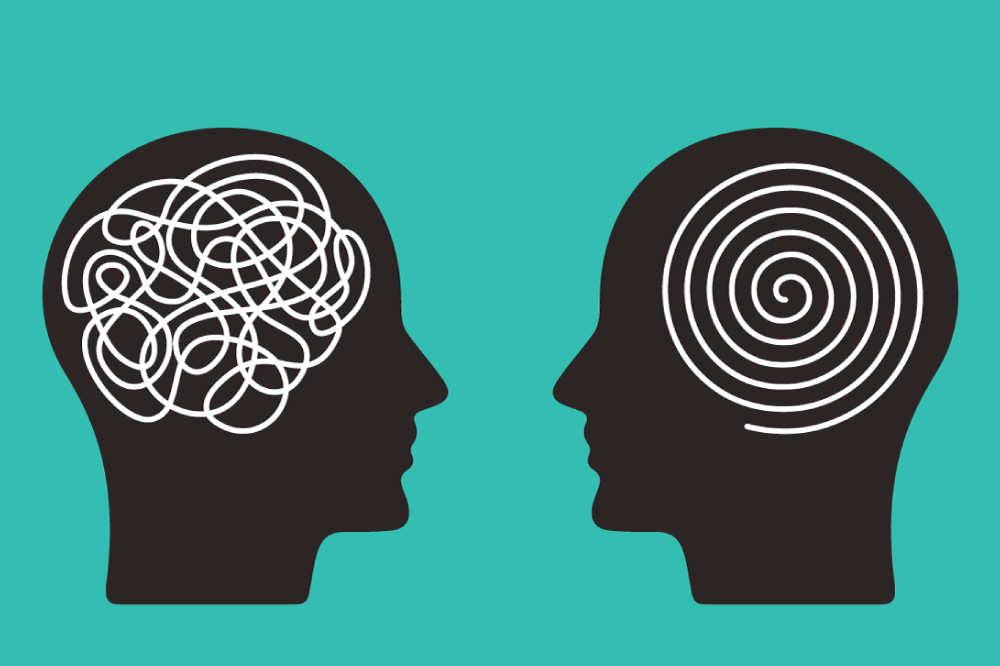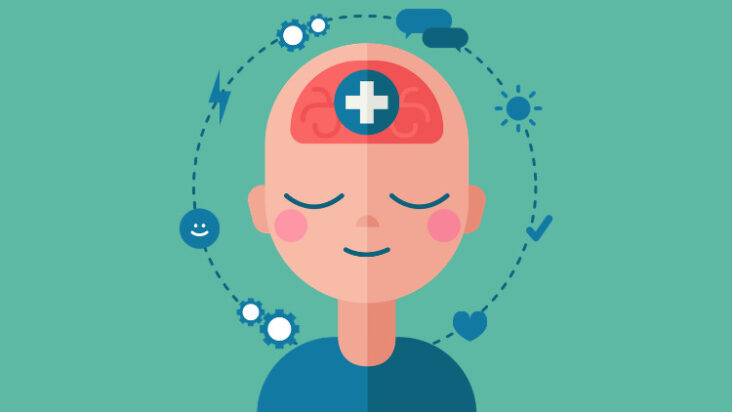Mental health is an important part of our overall wellbeing, and regular exercise can be a great way to help keep your mental health in check. Studies have shown that regular physical activity can have a positive impact on mental wellbeing, reducing stress, improving focus, and even helping to manage depression and anxiety. In this article, we’ll explore how fitness can benefit your mental health and provide tips on how to incorporate physical activity into your daily life. So get ready to get moving and get your mental health on track!
Benefits of Exercise for Mental Well-Being

Exercising has been scientifically proven to improve mental health and wellbeing. Regular exercise can reduce stress and anxiety, improve your mood, boost self-confidence and help you to better manage difficult feelings. If you’re feeling down, going for a run or hitting the gym could be just the thing to lift your spirits. Exercise releases endorphins and other hormones that can give you a natural high, making you feel good and more resilient to stress. It also improves sleep quality and reduces fatigue, which can both be triggers for mental health issues. Taking up a new sport or exercise class can also be a great way to meet new people and build social connections, which can have a positive impact on your mental wellbeing. So if you’re looking for a natural way to look after your mental health, hit the gym and get moving!
The Link Between Exercise and Stress Reduction

Exercising is one of the best ways to reduce stress and improve your overall mental health. Working out releases endorphins, which are chemicals in the brain that trigger a positive feeling in the body. When these endorphins are released, it helps to reduce stress and anxiety. Exercise also helps to reduce cortisol levels, which is a hormone that is released during times of high stress. Regular exercise can help to reduce the buildup of cortisol in the body and help to improve your mood and mental wellbeing. Not only does exercise reduce stress, but it can also help to improve your focus, concentration, and productivity. With regular exercise, you can stay focused and productive throughout the day, while also reducing stress levels. Exercise can also help to improve your sleep and reduce the risk of depression. Regular exercise can help to reduce symptoms of depression, such as fatigue and lack of motivation. So, if you’re looking to improve your mental health, consider adding a regular exercise routine to your day.
Boosting Self-Esteem with Exercise

Exercising can be a great way to boost self-esteem and mental health. Not only does it get you moving, but it can also give you a sense of accomplishment. When you exercise, your body releases endorphins, which can help you feel better and more positive about yourself. Plus, regular exercise can help improve your body image, which can in turn boost your self-esteem and make you feel more confident. Working out can also give you a sense of purpose and structure, which can help you stay focused and motivated. Whether it’s a HIIT class, a yoga session, or even just a simple walk around the block, getting active is a great way to improve your self-esteem and mental health.
Exercise and Improved Cognitive Function

Exercising regularly doesn’t just improve your physical health, but can also have a positive impact on your mental well-being. One way it does this is by improving your cognitive function. Physical activity helps to increase the production of hormones like endorphins and serotonin, which can boost your mood and help you concentrate better. Studies have shown that regular exercise can increase your energy levels, improve memory, and boost your understanding of complex concepts. Whether you’re hitting the gym, taking a yoga class, or going for a jog, you’ll reap the cognitive benefits of regular physical activity. So make sure to get your sweat on and reap the mental health benefits of exercise!
Exercise as a Tool for Mental Health Rehabilitation

Exercise is an incredible tool for mental health rehabilitation. It serves as an effective way to reduce stress, anxiety, and depression, as well as other mental health issues. Working out is proven to release feel-good hormones like dopamine and serotonin, which can make you feel happy and relaxed. It can also help to increase your self-esteem and confidence. It’s a healthy way to focus on yourself and your goals and can help you to forget about your worries and problems. Plus, when you exercise, you’re also improving your physical health, which can set the stage for an overall improvement in your mental health. So, if you’re looking for a way to improve your mental health, start exercising today! A little bit of exercise can go a long way towards improving your mental health and overall wellbeing.




